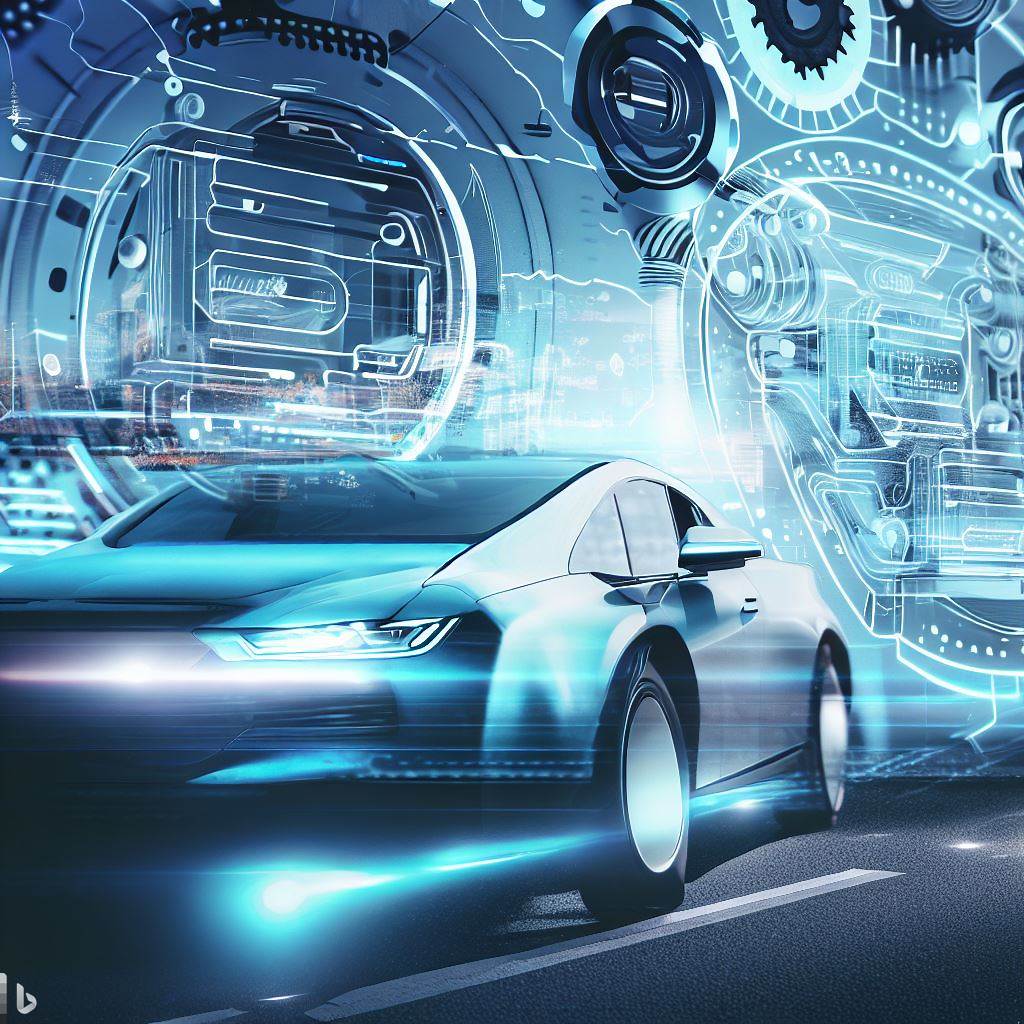
Introduction:
The transportation industry is on the brink of a technological revolution that will transform the way we move people and goods. Rapid advancements in technology are giving rise to innovations that promise to make transportation safer, more efficient, and more sustainable. In this essay, we will explore seven tech innovations that are set to shape the future of transportation. Through an informative and analytical approach, we will examine the potential impact of these innovations on various modes of transportation and their implications for society as a whole.
Autonomous Vehicles: Redefining Mobility:
Autonomous vehicles (AVs) have the potential to revolutionize transportation by eliminating the need for human drivers. These vehicles use a combination of sensors, artificial intelligence, and advanced algorithms to navigate roads and make decisions in real-time. AVs offer the promise of increased safety, reduced traffic congestion, and enhanced mobility for individuals who are unable to drive. However, challenges such as legal and regulatory frameworks, cybersecurity, and public acceptance need to be addressed for widespread adoption.
Electric Vehicles: The Path to Sustainable Transportation:
Electric vehicles (EVs) have gained significant traction in recent years as an environmentally friendly alternative to traditional combustion engine vehicles. EVs are powered by electricity, reducing greenhouse gas emissions and dependence on fossil fuels. Advancements in battery technology have led to increased driving range and faster charging capabilities, making EVs more practical and appealing to consumers. The widespread adoption of EVs has the potential to significantly reduce carbon emissions and combat climate change.
Hyperloop: High-Speed Transportation of the Future:
The Hyperloop concept, popularized by Elon Musk, envisions a transportation system that propels passenger pods through a low-pressure tube at near-supersonic speeds. This innovative mode of transportation promises to revolutionize long-distance travel, drastically reducing travel times and increasing efficiency. The Hyperloop could have a transformative impact on industries such as logistics, tourism, and commuting, but challenges related to infrastructure, safety, and scalability need to be overcome.
Urban Air Mobility: Taking Transportation to New Heights:
Urban air mobility (UAM) represents a future where flying vehicles, such as drones and air taxis, navigate urban skies to transport people and goods. UAM holds the promise of reducing traffic congestion and improving transportation accessibility, particularly in densely populated areas. However, airspace management, infrastructure requirements, noise pollution, and public acceptance present significant challenges to the widespread implementation of UAM.
Intelligent Transportation Systems: Enhancing Efficiency and Safety:
Intelligent Transportation Systems (ITS) leverage technology to optimize the efficiency and safety of transportation networks. These systems use sensors, communication networks, and data analytics to monitor traffic flow, manage congestion, and enhance road safety. ITS enables real-time information dissemination to drivers, improving route planning, and reducing travel times. Additionally, connected vehicles and infrastructure communication can facilitate the development of cooperative systems that enhance road safety through vehicle-to-vehicle (V2V) and vehicle-to-infrastructure (V2I) communication.
Sustainable Aviation: Paving the Way for Greener Flights:
The aviation industry is undergoing a transformation towards sustainability. Innovations such as electric aircraft, biofuels, and hydrogen-powered planes are being developed to reduce carbon emissions and mitigate the environmental impact of air travel. Additionally, advancements in aerodynamics, lightweight materials, and efficient engine designs are improving fuel efficiency and reducing noise pollution. The adoption of sustainable aviation technologies is crucial to achieving a greener future for air transportation.
Mobility as a Service (MaaS): Integrated and Seamless Travel:
Mobility as a Service (MaaS) is a concept that integrates various modes of transportation into a single platform, providing users with a seamless and customized travel experience. MaaS combines public transportation, ride-sharing services, bike-sharing, and other mobility options to offer efficient and convenient door-to-door journeys. By optimizing transportation resources, MaaS has the potential to reduce congestion, lower transportation costs, and improve accessibility in urban areas.
Conclusion:
The future of transportation holds immense possibilities, driven by technological innovations that are reshaping the way we move. From autonomous vehicles and electric mobility to hyperloop and sustainable aviation, these advancements have the potential to revolutionize the transportation landscape, making it safer, more efficient, and more sustainable. However, successful implementation will require addressing challenges related to infrastructure, regulation, public acceptance, and environmental sustainability. By embracing these tech innovations and fostering collaboration between various stakeholders, we can shape a future where transportation is seamlessly integrated, environmentally friendly, and accessible to all.






Comments
There are no comments for this story
Be the first to respond and start the conversation.